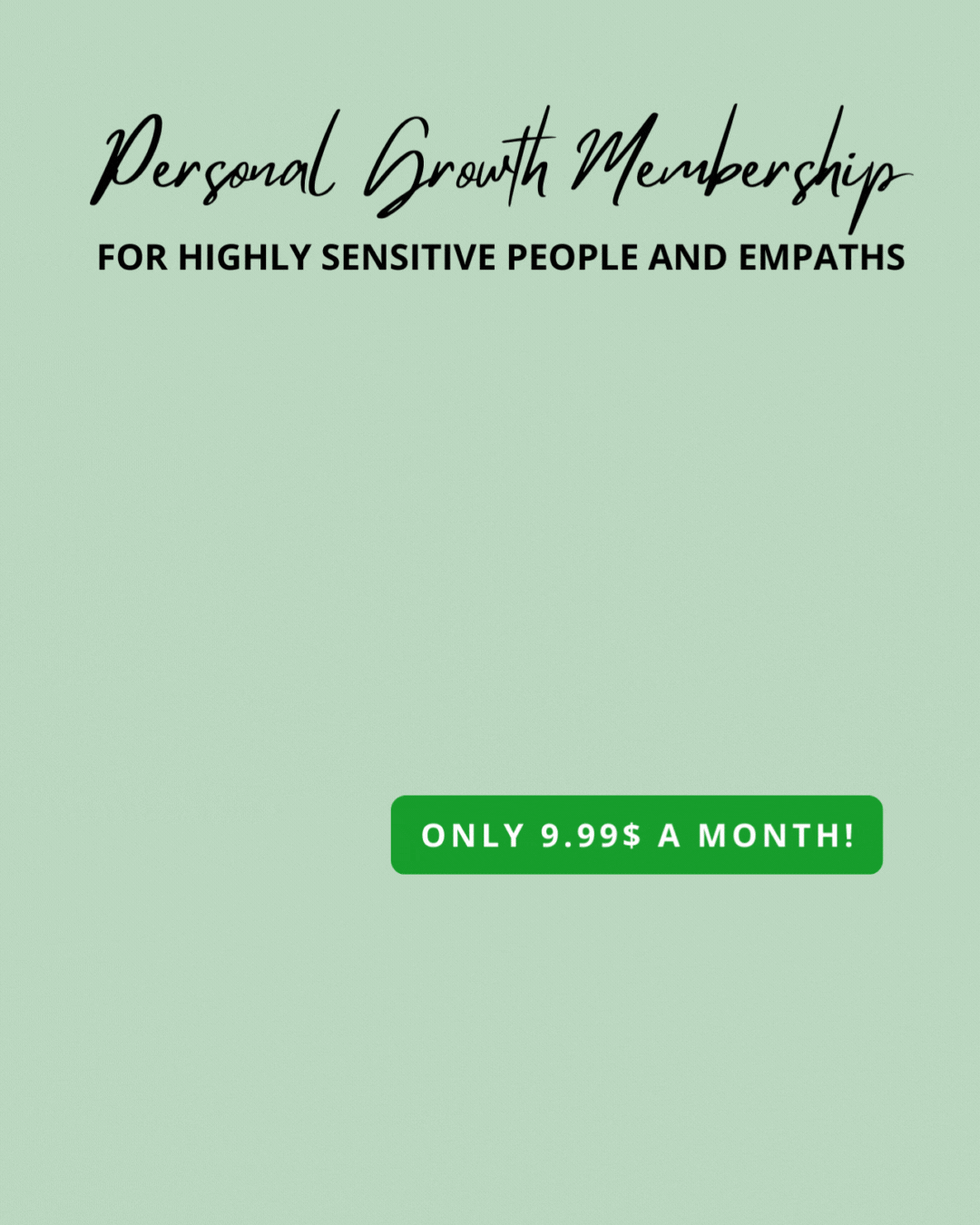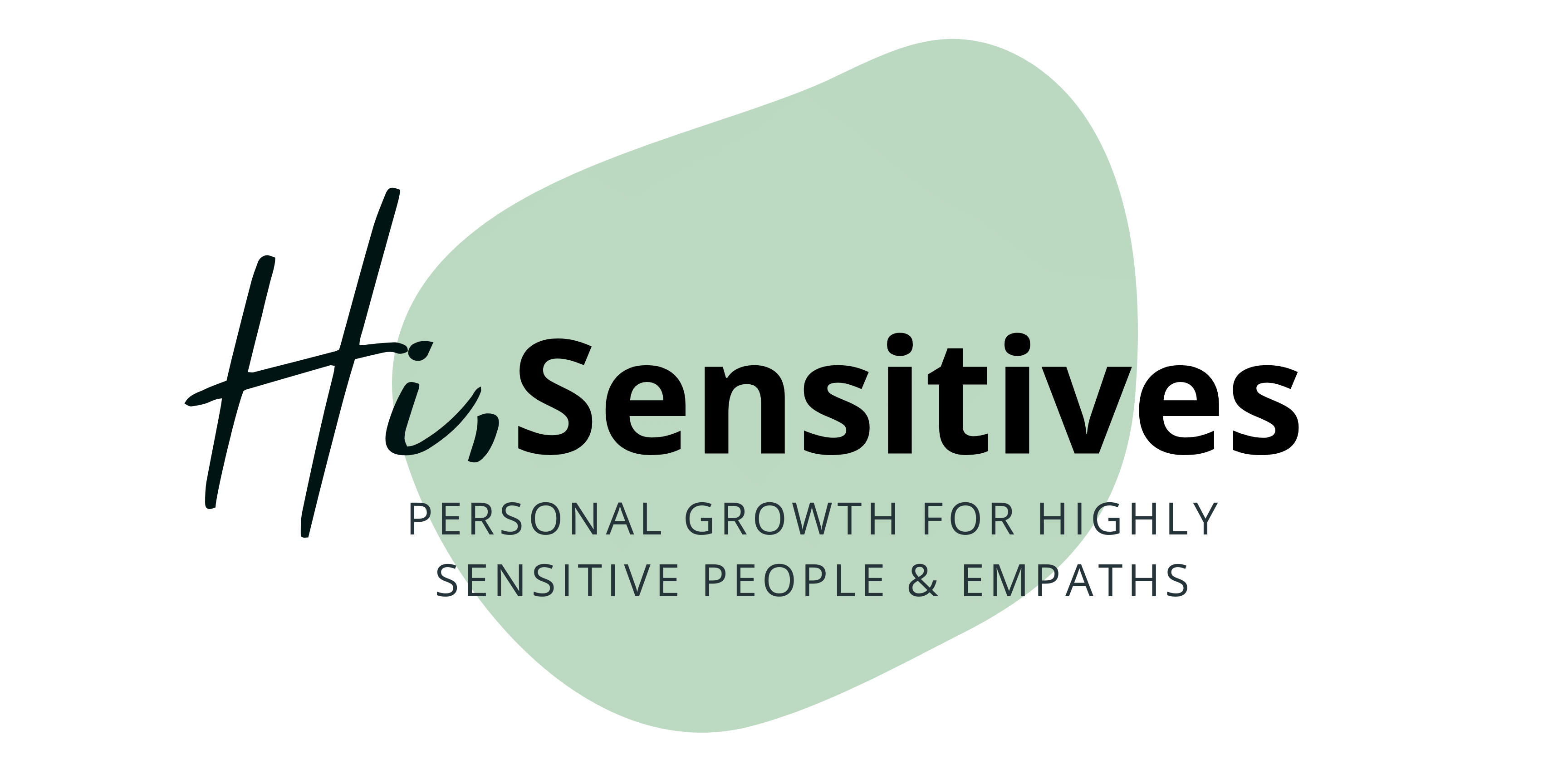Struggling with comparing yourself to others? Discover effective strategies to break free from the comparison trap and embrace your unique journey as a highly sensitive person.
Estimated reading time: 6 minutes
Navigating life in your thirties brings its unique set of pressures and expectations. Recently, during a conversation with a friend, we explored the common trap of comparing ourselves to others—something that seems particularly poignant at this age. For Highly Sensitive People (HSPs), who process emotions and experiences more deeply, this can be especially challenging. This blog explores strategies to escape this comparison trap, advocating for self-compassion and a better understanding of the unrealistic benchmarks set by society.
Here’s What You’ll Discover:
How Comparing Yourself Affects You As An HSP
As we enter our thirties, societal expectations appear to heighten. Social media platforms, teeming with curated snapshots of perfection, exacerbate these pressures, showcasing peers who seem to have it all. These portrayals can push us towards an endless pursuit of an unattainable ideal, often at the cost of our mental health. For HSPs, who absorb and reflect on emotional stimuli more deeply, this pressure can feel overwhelming, clouding our judgment and diminishing our self-esteem.
Understanding the System’s Flaws When Comparing yourself
The societal model of a “perfect life” by thirty is built on outdated assumptions from a time when families typically managed on a single income. Today, despite both partners often working full time, many struggle to achieve what was once considered standard. This systemic mismatch between today’s economic realities and yesterday’s expectations can lead to feelings of inadequacy. Recognizing this discrepancy can alleviate some of the self-blame HSPs might feel when they find themselves falling short of these prescribed milestones.
My Own Challenges With Comparing Myself to Others
Reflecting on your personal journey can offer a healthier perspective. When my husband and I purchased our home, it was far from the ideal portrayed online. It needed more than just cosmetic updates; it required deep, structural changes. Initially, this made me feel as though we were lagging behind our peers. However, recognizing the value of the unseen work we’ve done—much like the personal growth we often overlook—has helped me appreciate our real progress. These renovations, both in our home and in ourselves, lay the groundwork for a stable future, and are worth more than superficial appearances suggest.

How to Stop Comparing Yourself to Others
Instead of measuring your life against others’, it’s healthier to compare where you are now to where you were in the past. Reflect on your growth over the last decade:
- How have you become more resilient?
- Have you learned new skills?
- Have you grown in compassion and understanding?
These are significant achievements for HSPs, for whom emotional and personal development carry profound importance.
Cultivating Self-Compassion
Practicing self-compassion involves rewriting the narratives we tell ourselves about success and self-worth. It’s important to remember that the seemingly perfect lives we see online are often a curated version of reality. In fact, everyone faces challenges and struggles that are not visible in their social media feeds. Recognizing this can help reduce feelings of envy and inadequacy. Learning to view your journey through a lens of compassion and understanding your unique circumstances can significantly ease the burden of comparison.
Mindfulness Techniques to Help HSPs Detach from Negative Comparisons
Here are some powerful mindfulness techniques to stop comparing yourself:
- Focused Breathing Exercises:
- Practice deep breathing techniques to center your thoughts and calm your mind. For example, spend a few minutes each day practicing controlled breaths: inhale for four counts, hold for seven, and exhale for eight. This technique helps reduce anxiety and brings your focus back to the present moment.
- Mindful Observation:
- Choose an object from your immediate environment and focus all your attention on it for a few minutes. Observe its color, shape, texture, and other physical qualities. This practice helps train your brain to focus on the present and detracts from harmful comparisons.
- Body Scans:
- Lie down in a comfortable position and slowly scan your body from head to toe. Pay attention to different areas of your body, noticing any tension or discomfort. This not only promotes relaxation but also enhances self-awareness, reducing the impulse to compare yourself to others.
- Gratitude Journaling:
- Keep a daily journal where you write down three things you are grateful for. Focusing on gratitude shifts your perspective from what you lack or how you compare to others, to appreciation of what you already have.
- Guided Imagery Meditation:
- Use visualization techniques to imagine a place that makes you feel safe and calm. For instance, engage all your senses to deepen the experience. This form of meditation can provide a mental refuge from external pressures, including social comparisons.
- Mindful Walking:
- Go for a walk and use this time to practice mindfulness. Pay attention to the sensation of your feet touching the ground, the sounds around you, the temperature of the air, and the sights you pass. This helps keep your mind from wandering to comparative thoughts.
- Loving-kindness Meditation:
- Practice sending kindness and love to yourself and others. Start by directing loving thoughts towards yourself, then gradually extend them to friends, family, acquaintances, and even people you may have conflicts with. This practice fosters a sense of connection and reduces feelings of isolation often exacerbated by comparison.
Final Remarks
Breaking free from the comparison trap allows you to refocus on what truly matters—your own personal growth and happiness. It’s about embracing your unique journey, with all its challenges and victories, and realizing that your path is just as worthy as any other. Therefore, let’s shift our focus from societal expectations to personal satisfaction and deep, meaningful living.
Reflect on your personal achievements and growth, and consider how far you’ve come. Share your story to inspire others who might be struggling with comparison. Let’s support each other in recognizing our worth, far beyond societal expectations, and celebrate every step of our unique journeys.
Disclaimer: In this article, we collaborated with AI while writing articles, meaning that we used it as a personal assistant to provide valuable information to our readers. The personal touch through stories and personal examples and the editing of the article have been performed by the author.








